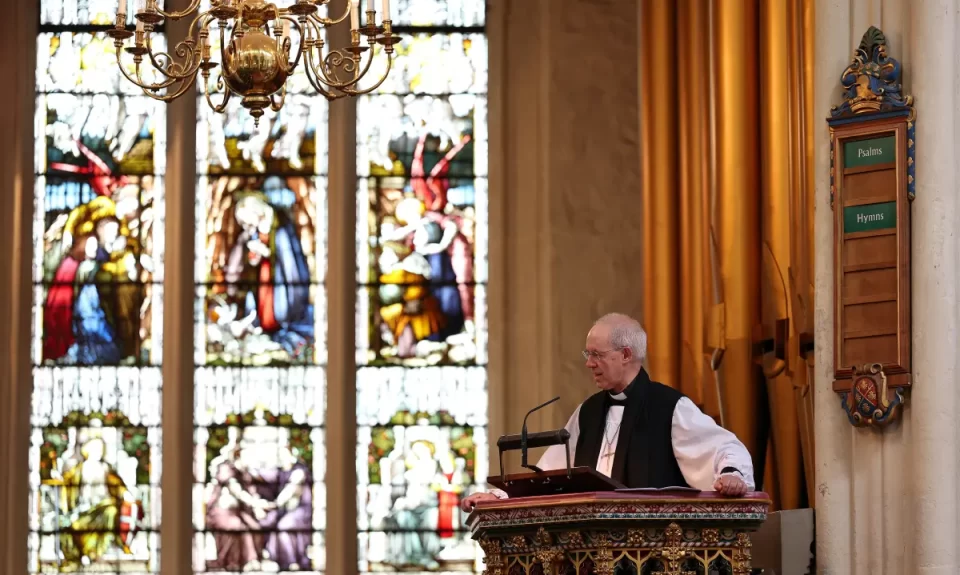The Church of England enters a period of uncertainty today as the tenure of Archbishop of Canterbury, Most Rev. Justin Welby, officially concludes. His resignation follows scrutiny over the Church’s handling of abuse allegations, casting a shadow over its leadership and raising concerns about its future direction.
Archbishop Welby, who announced his resignation in November, steps down after an independent inquiry found he had failed to take adequate action regarding John Smyth, a Church volunteer implicated in decades of abuse at Christian summer camps. Smyth, one of the Church’s most notorious abusers, passed away in 2018 without facing prosecution.
In his resignation announcement, Welby stated his decision stemmed from a need to take “personal and institutional responsibility” for the Church’s failure to act on what he described as “heinous abuses.” His resignation coincides with mounting challenges for the Church, including declining faith across Britain and divisive debates over its stance on same-sex relationships.
Until a new Archbishop of Canterbury is appointed—a process expected to take about six months—Archbishop of York, Most Rev. Stephen Cottrell, will fulfill Welby’s official duties. However, Cottrell himself is under scrutiny following allegations that he allowed a priest to remain in ministry despite restrictions placed on him for inappropriate behavior with minors.
BBC investigations revealed that Cottrell was aware of restrictions against David Tudor, a priest barred from being alone with children, yet delayed action. Tudor has since been permanently banned from ministry, and Cottrell has publicly apologized, stating that he acted to suspend Tudor as soon as the matter became clear.
One of Welby’s predecessors, George Carey, also resigned from ministry in December, citing allegations of mishandling Tudor’s case as contributing to his decision.
The scandals overshadowed the Church’s Christmas celebrations, with Cottrell acknowledging the need for repentance in his Christmas Day sermon, saying the Church must “strip off her finery and kneel in penitence and adoration.”
Meanwhile, the Church continues to grapple with declining attendance and diminishing identification with Christianity in Britain. A 2019 British Social Attitudes report found that only 34% of Britons identified as Christians, a stark drop from 66% in 1983.
Linda Woodhead, a scholar from King’s College London, expressed concern over the Church’s current vulnerability, saying, “The Church could soon find itself with no archbishop at the helm. This would create significant problems, even in the safeguarding realm, let alone other aspects of Church governance.”
As the Church of England embarks on this transitional period, many are calling for a renewed focus on accountability, transparency, and spiritual leadership to restore trust and uphold its mission.

